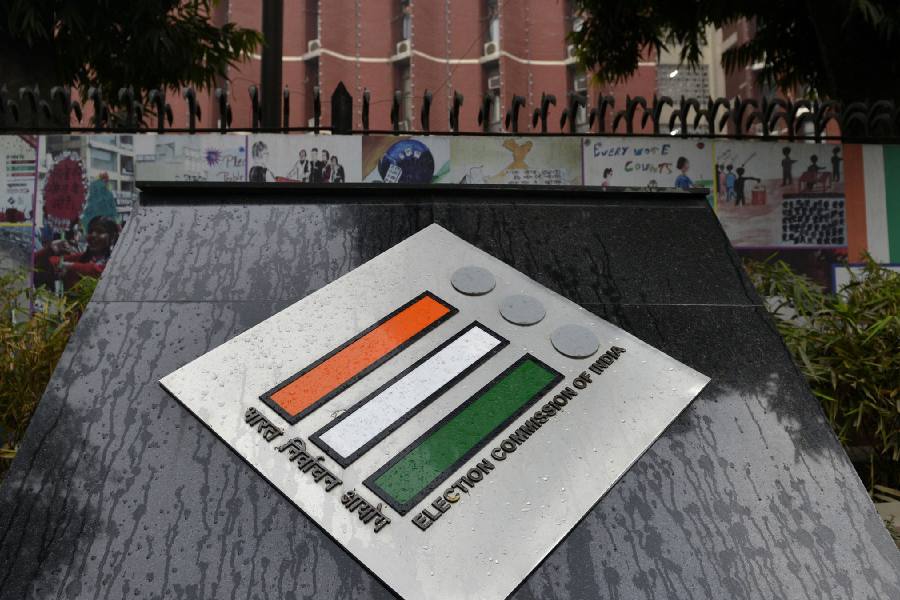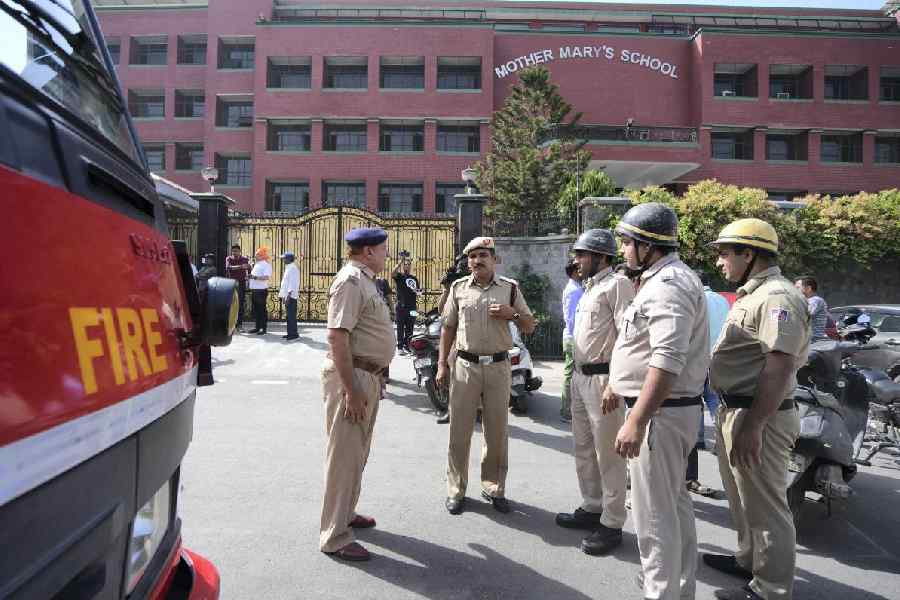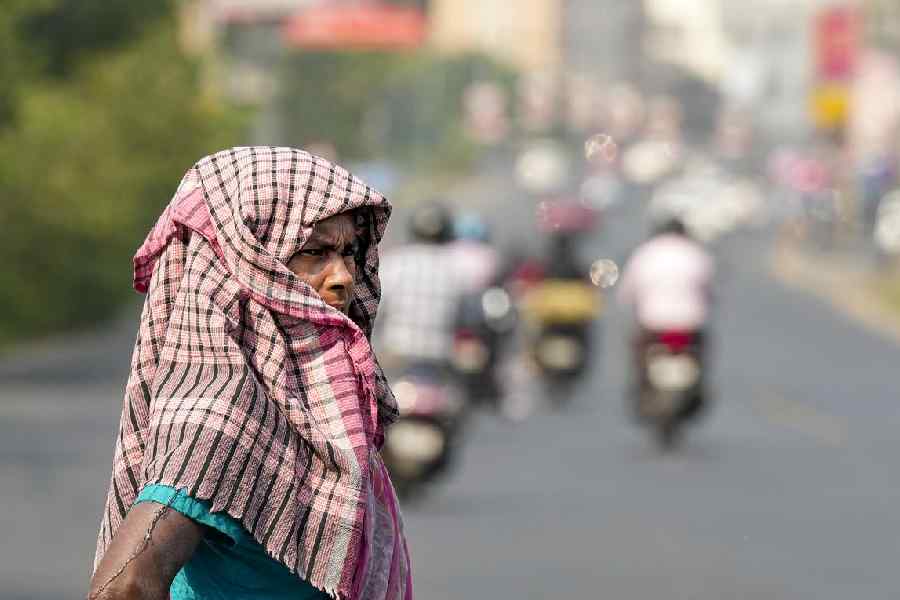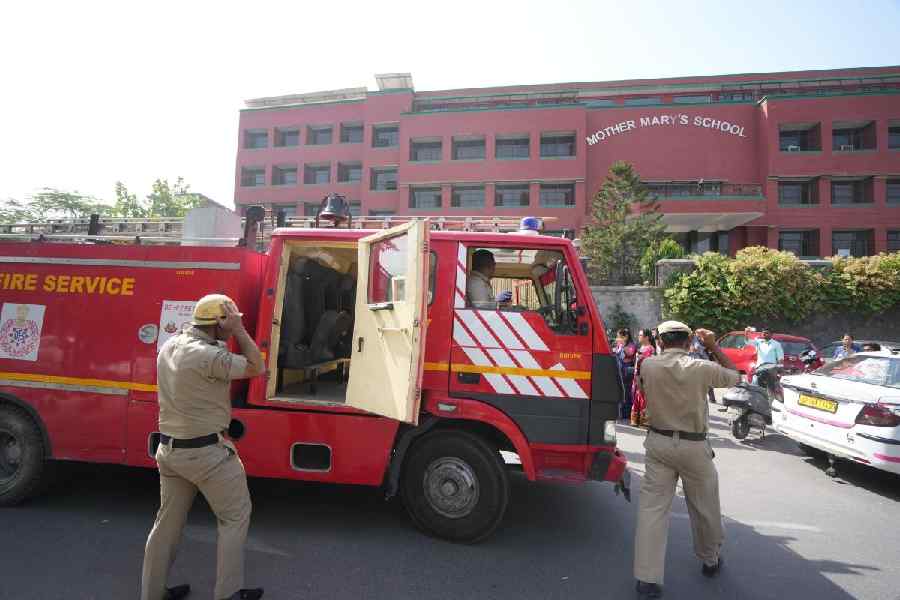The Nadia district administration’s adoption of a sustainable approach to branding and awareness activities —utilising eco-friendly materials for flexes, banners, posters, bags and other items — for the Lok Sabha polls has set a precedent for Bengal and the Election Commission of India is looking to have similar measures in place across the state.
A district election official said the primary objective was to minimise the reliance on plastics, polythene and other non-biodegradable materials in the creation of campaign material, such as posters and banners.
He said plastic flexes contain harmful chemical additives, such as phthalates, lead, cadmium and organotin compounds, which usually leak into the environment.
“In concurrence with the commission order to prioritise both environmental sustainability and human well-being, while also contributing to the economic well-being of approximately two lakh jute farmers in the Nadia district, the administration has opted to utilise jute for all promotional material, related to awareness campaigns for the upcoming Lok Sabha elections,” said Nadia district magistrate S. Arun Prasad.
“The decision to embrace jute serves dual purposes — safeguarding the environment and human health, and supporting the economic uplift of local jute farmers. The versatility of jute allows for erasure of prints once their purpose is fulfilled and it could be reprinted for other activities. This innovative approach aligns with the principles of reduce, recycle, and reuse (RRR), providing a significant boost to the promotion of sustainable practices,” he added.
Asked why Nadia went the jute way, Prasad said: “Nadia and Murshidabad districts contribute nearly half the jute production in the state, and so the use of jute for this will encourage the farmers.”
The decision to embrace eco-friendly materials followed a notification issued by the Election Commission on August 18 last year. The commission expressed its heightened awareness of environmental concerns and acknowledged the adverse environmental impact caused by the use of non-biodegradable materials in elections.
“Protecting the environment is not an individual task but a collective responsibility,” wrote the poll panel in its notification, urging all political parties to refrain from using plastic, polythene and similar non-biodegradable materials in the preparation of posters, banners, and other campaign material. The commission stressed the need for the shift, as crucial to the environment and human health.
The commission told the chief electoral officers to disseminate this directive to all district election officers, returning officers, and other election authorities. The chief electoral officers are also tasked with ensuring that candidates and registered unrecognised political parties, within the states, are made aware of and made to adhere to the instructions.
“The commission is keen on using biodegradable materials for campaign and publicity. Before the Assembly elections in five states late last year, the commission had released guidelines, encouraging political parties and candidates to employ eco-friendly materials, while refraining from the use of single-use plastic and non-biodegradable substances,” said a commission official.
“In the general election, these rules will be strictly followed and all districts will have to abide by the guidelines. We are trying to use biodegradable material for all election-related campaigns. The political parties would be asked to comply,” he added.










